What is a Mobile Money Wallet? and Types of Mobile Wallets
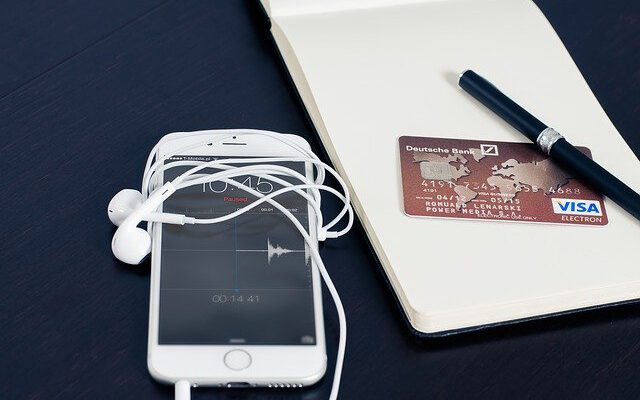
What is a mobile money wallet?
A stalwart companion to tradition leather wallets, a mobile wallet protects your money in an entirely secure way. It stores payment details, for example, credit or debit cards, and cash balances, which can then be used to make payments. Though 85% of monetary transactions are still made in cash, mobile or e-wallets, as they are popularly known as, are slowly transforming the way people pay for things.
Combating theft, mobile wallets are based on encrypted software that works through mobile apps. They declutter your bank account by keeping an accurate check on your money. Similar to your traditional wallet, a mobile money wallet too stores currency for you to make payments and purchases. The only difference between the two is the form of money. Most importantly, for those interested in using a mobile wallet for remittance, it can receive money from others.
Types of mobile wallets
Mobile wallets are categorised into three main segments: closed, semi-closed and open.
Closed wallets are linked to a merchant or private company where you can use the money only for direct purchase from the specific merchant. Money from these wallets cannot be transferred to your bank account. Examples of these wallets are Amazon Pay and Ola Money, to name a few.
Semi-closed wallets can be used with multiple merchants as long as they have a contract with the payment portal. Though you can receive money in semi-closed wallets into your bank account, you cannot withdraw it as cash. Examples of wallets like these are Paytm, Freecharge, and Mobikwik.
Open wallets, on the other hand, are not limited to the other two. This type of wallet is issued either directly by a bank or by them to a third party. Money in this wallet can be used for any transaction and users can withdraw money remitted to their account in cash. Examples of these mobile money wallets are PayPal, and Vodafone M-Pesa.
How do you transfer money to a mobile wallet?
So how does a mobile wallet work? To send money to a mobile wallet, first, make sure that the receiver has one set up on their phone. It’s a straightforward process- simply download an app and install it. You then need to pop into an agent, provide the receiver’s mobile number and hand over the amount you want to send. The money appears in the receiver’s wallet instantly. Currently, you can use this method on Xpress Money to transfer money to Kenya, Ghana, Nigeria, Uganda, Tanzania, Cameroon, Burundi, Benin, Zimbabwe, Senegal, DR Congo and Fiji.
How does a mobile wallet work?
A common question that needs to be addressed is: how can I send money to my mobile wallet? Once you are done installing a mobile wallet app, all you need to do is transfer money through an agent, net banking or a debit/credit card into your app wallet. The mobile wallet company sends your money to an escrow account, ensuring they do not exert complete authority on your money.
Whenever you make a transaction from your mobile wallet, a message is sent to the respective merchant regarding the payment. Once the merchant immediately honours the payment, the money is transferred from your wallet to the merchant’s bank account.
What are the advantages of sending money to a mobile wallet?
There are multiple advantages of sending money to a mobile money wallet. Firstly, its quick accessibility makes life much easier for the receiver. They don’t have to travel to an agent to collect it. Once the money is received in their wallet, they can use it to pay bills or make purchases immediately. However, to withdraw cash, the receiver must visit an agent location. You can also transfer money to a mobile wallet if the receiver doesn’t have a bank account.
Secondly, there is no issue of theft because your mobile wallet will be password protected. Another important point is that mobile money wallets are incredibly user-friendly. You can make transactions at just a click of a button and while on the go. And lastly, since these wallets are encrypted with a layer of security, no sensitive data like your bank details can be hacked unlike in the case of a direct credit or debit card payment.
Our global average cost to send money abroad is just 2%, making Xpress Money one of the most competitive money transfer businesses in the industry. When your smartphone can take pictures, store data and manage necessary e-mails, it can also transform itself into a physical card. Doing exactly as its name suggests, a mobile money wallet lives in a device instead of notes in your pocket.



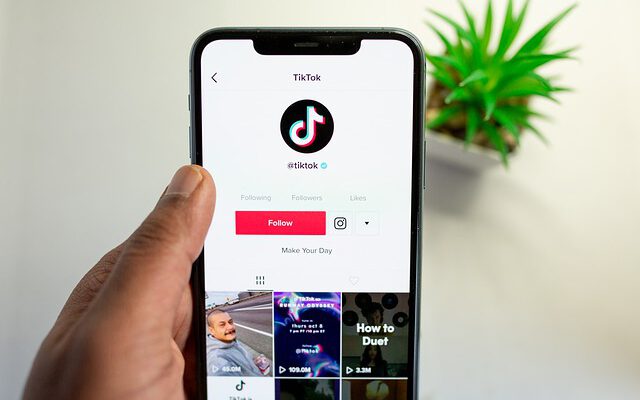


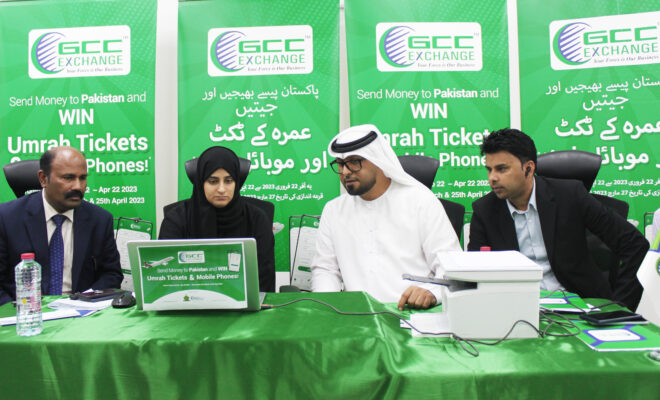
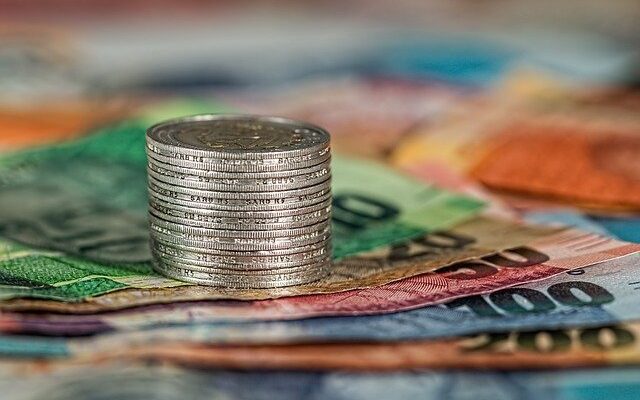
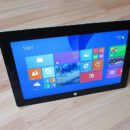






Covid-19 UAE: 10-Day Quarantine Mandatory in Dubai for Close Contacts
Export Shipping Documents Checklist to complete your First Trade